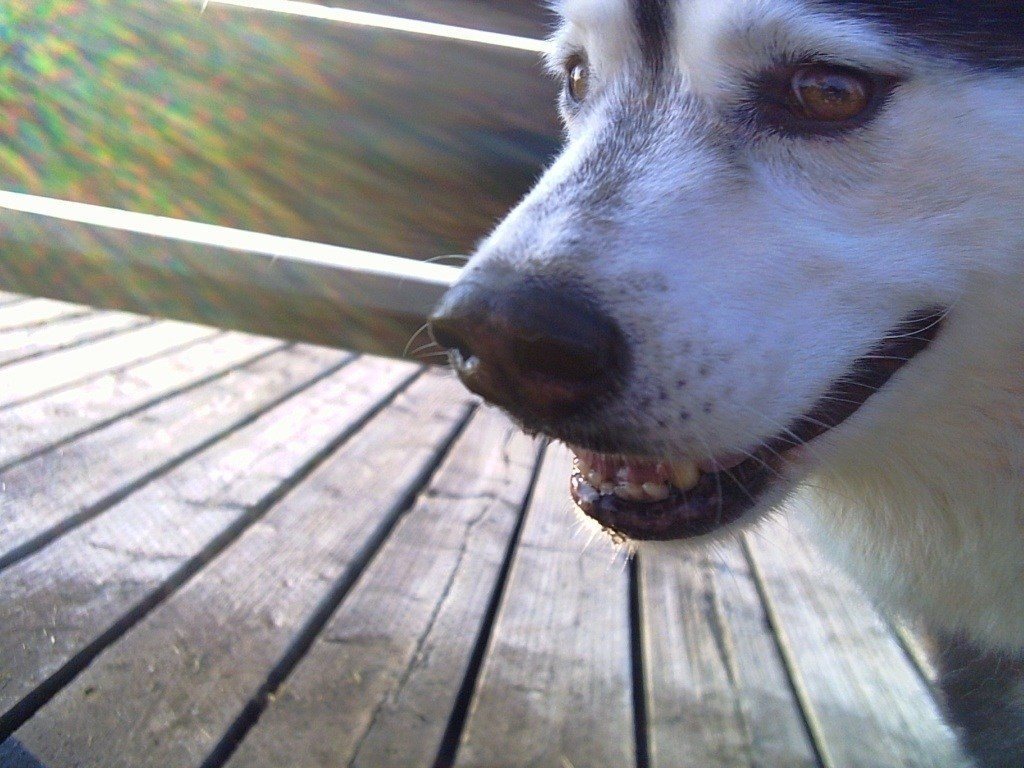Hypothyroidism
Share

 Dear Dr. Florez,
Dear Dr. Florez,
I have a large, 65lb. mixed breed dog that has been put on Soloxine for regulation of his thyroid. I was just wondering if there are any long-term side effects from using this drug and what exactly I should be on alert for in the line of complications. He also has some severe skin discoloration on his abdomen (dark patches)…could this be a side effect or is this something else I should be worried about?
– Jennifer Allen, AZ
 Dear Jennifer,
Dear Jennifer,
Your dog’s Thyroid levels should be monitored, particularly at the beginning of treatment, as Soloxine doses must be properly regulated for each individual animal. However, once the dose is initially established, the thyroid levels can be checked less frequently, but it is still necessary to do so often.
When Soloxine is properly administered, it generally does not present any side effects. Most side effects are observed when pets receive an over-dosage of the medicine. These side effects consist of over-eating, drinking obsessively, over-excitability, and excessive panting.
As I mentioned, these side effects are not observed when the drug is properly administered and the thyroid levels are checked frequently. Your veterinarian will place your pet on a maintenance schedule of routine office visits, and it is very important that you follow his or her recommendations.
If I were to hazard a guess about the patches on the skin that you are observing, I would say that they are due to the sun. If your pet spends a lot of time outdoors, or lies in the sun for any amount of time, it could cause these types of spots. They could also be age spots. However, you should consult with your veterinarian to see if they require any medical attention. Any changes or abnormalities in your pets skin should be checked out in an office, as pets are as susceptible to skin cancer and other sun-related issues as humans are.
Best of luck,
Diego Fernando Florez, DVM










